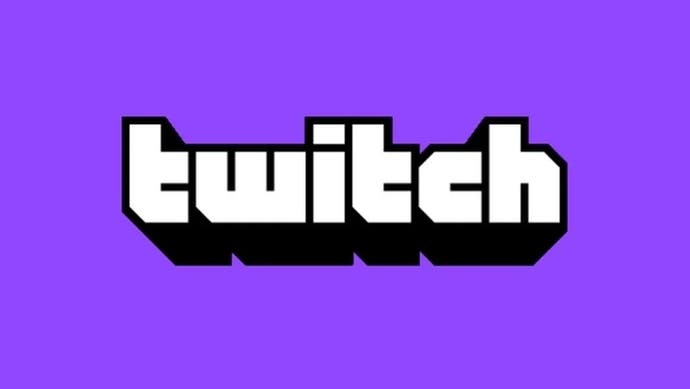Twitch "do not ban" list used to protect prominent streamers
Though five years old, the data sheds light on streamer favouritism.
Data from the recent Twitch leak may not have included user password information, but it did include a list of its top earning streamers and, strangely, references to pizza.
It also included a "do not ban" list.
This led to plenty of speculation. Why shouldn't the streamers on this list be banned? Are certain creators exempt?
A report from the Washington Post sheds light on the issue, having spoken to several former Twitch employees for answers.
Firstly, it's important to note that those employees confirmed the list is five years old. That means it not only predates more recent trends, but also streamers who have since risen in popularity. However, the leaked list does give some insight into the inner workings of Twitch. Indeed, former Twitch employees noted it contributed to a culture where certain streamers were given more leeway.
It's reported that the "do not ban" list was used in conjunction with Better Desk, an old method for Twitch administrators to investigate streamers reported by users for bad behaviour. Partnered streamers would be escalated to a separate team; non-partnered streamers were at the mercy of admins.
The list, therefore, was used in part to notify these Twitch admins whether an issue should be escalated or ignored.
There were legitimate reasons for this. For instance, certain streamers in the leaked list are Twitch staff members. Marcus "DJWheat" Graham, Twitch's head of community, frequently brought his child on stream and would be reported for breaking Twitch's rule against broadcasts by under 13s.
Another reason was the gradual introduction of IRL streams. Initially, non-gaming streams were banned, but certain streamers were given permission to run IRL streams - Tim 'TimTheTatman' Betar being a prime example.
However, former Twitch staff have admitted that some streamers were given more leeway. Bryan "RiceGum" Le, known for inappropriate jokes and comments, is one example.
"RiceGum got partnership removed way back in the day, but Twitch refused to ban him outright because he got viewership," said one former Twitch staffer. "So even though he wasn't a partner, he was treated like one and given partner outreach when he broke the rules instead of being suspended by the admin team."
Tyler "Tyler1" Steinkamp is another, with his reputation for verbally abusing other players.
"I do remember RiceGum and Tyler1 both being given way more grace than they should have been," said the former Twitch employee. "And if one of us admins reported them [to the partner conduct team] anyway, we were told to kick rocks and pay attention to the do not ban list. ... It wasn't quite a 'get out of jail free' card, but there were clearly some streamers who got treated with more chances or abilities than others."
The creator of Better Desk admitted "Twitch partners did get more leniency - [and] maybe still do - but there was never a 'do not ban this account whatever they do' list."
Nowadays, Twitch uses a different system to enforce its rules and the "do not ban" list (at least in its previous form) no longer exists.
The new system doesn't, however, totally eliminate the possibility of favouritism.
"That doesn't necessarily mean some aren't given extra slack still, but it does mean that if they are, it's not hidden from other staff," said an ex-Twitch employee. "Anyone with access to that system is going to be aware of additional leniency."


